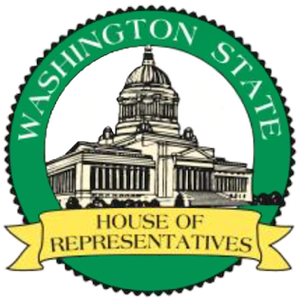The Washington State House Commerce and Gaming Committee (WA House COG) considers issues relating to the regulation of commerce in alcohol, tobacco and cannabis, as well as issues relating to the regulation and oversight of gaming, including tribal compacts.
Public Hearing
- HB 2334 - "Regulating the use of cannabinoid additives in marijuana products."
